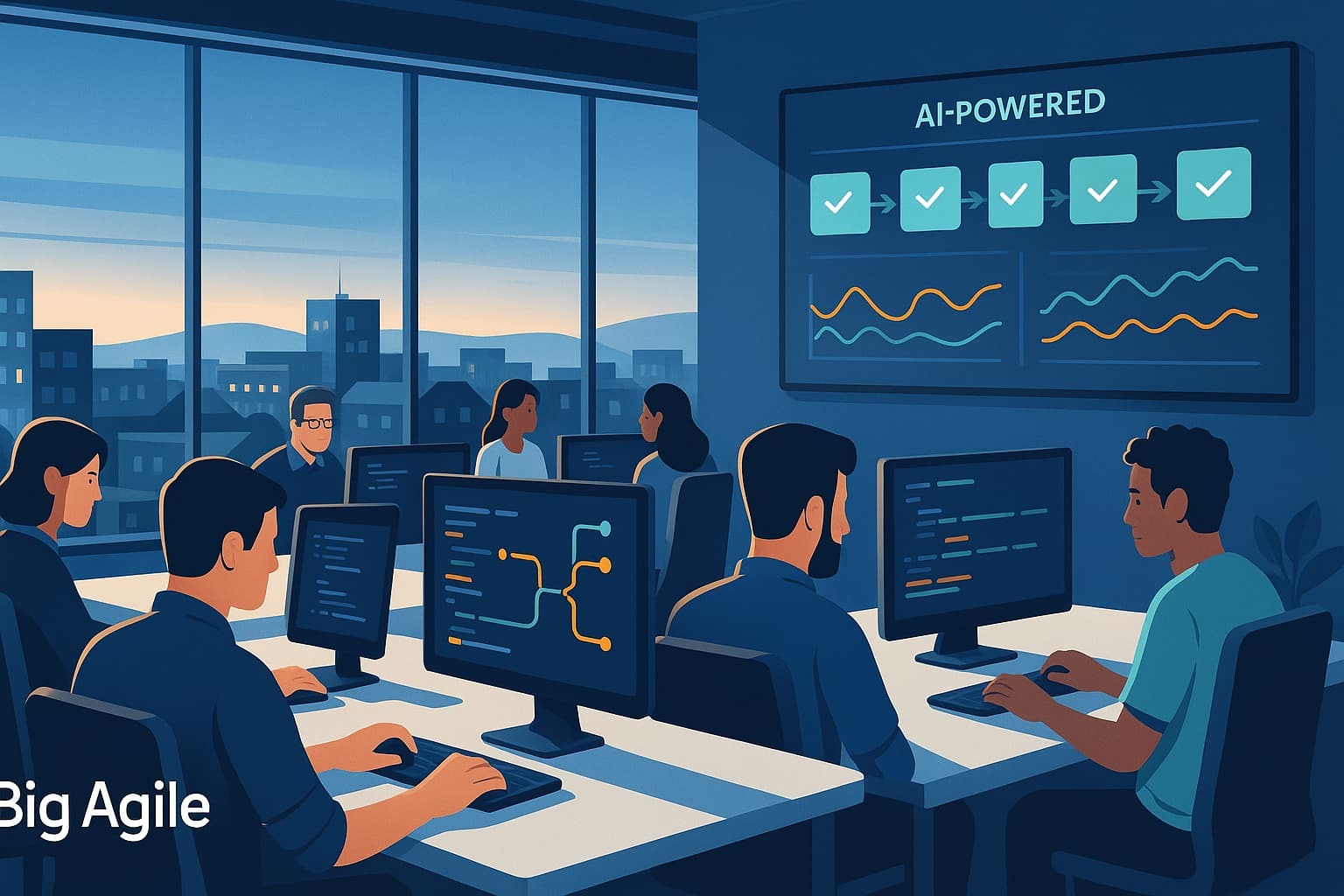
Did you know…
Anthropic has unveiled the Claude 4 family, Claude Opus 4, and Claude Sonnet 4, two hybrid-reasoning AI models designed for “best-in-class” coding, long-horizon problem-solving, and autonomous tool use.
Opus 4 can sustain complex workflows for several hours, while Sonnet 4 offers faster, more affordable performance with improved math, reasoning, and instruction-following. Both introduce “extended thinking” and “thinking summaries” features and are 65 percent less likely to exploit loopholes than their predecessors.
Ok, So What?
Claude 4 signals a leap in AI-assisted software delivery and knowledge-work automation for businesses. Opus 4’s ability to stay “on task” for hours means teams can delegate multi-step processes, code refactoring, data-pipeline debugging, and regulatory report compilation to an AI that maintains context throughout.
Sonnet 4’s lower cost opens the door for everyday use cases such as customer-support scripting, real-time analytics explanations, and rapid prototyping, all with tighter guardrails against policy breaches or hallucinations.
Now What
- Intelligent DevOps Copilot: Integrate Sonnet 4 into your CI/CD pipeline to auto-generate unit tests, suggest security patches, and produce deployment scripts; reserve Opus 4 for week-long sprints that modernize legacy codebases.
- Long-running Decision Agents: Use Opus 4 to continuously monitor IoT or supply-chain data, summarizing anomalies and recommending fixes without context resets.
- Tool-using Service Bots: Combine the models’ extended-thinking mode with internal APIs so AI agents can place orders, schedule shipments, or draft compliance documents, providing human reviewers with concise “thinking summaries” for sign-off.
Questions to think about
- How might multi-hour autonomous agents reshape your current definition of “human in the loop”?
- What governance do you need when an AI can run unattended for seven hours with direct system access
- Where could “thinking summaries” replace traditional dashboards to accelerate executive decision-making?